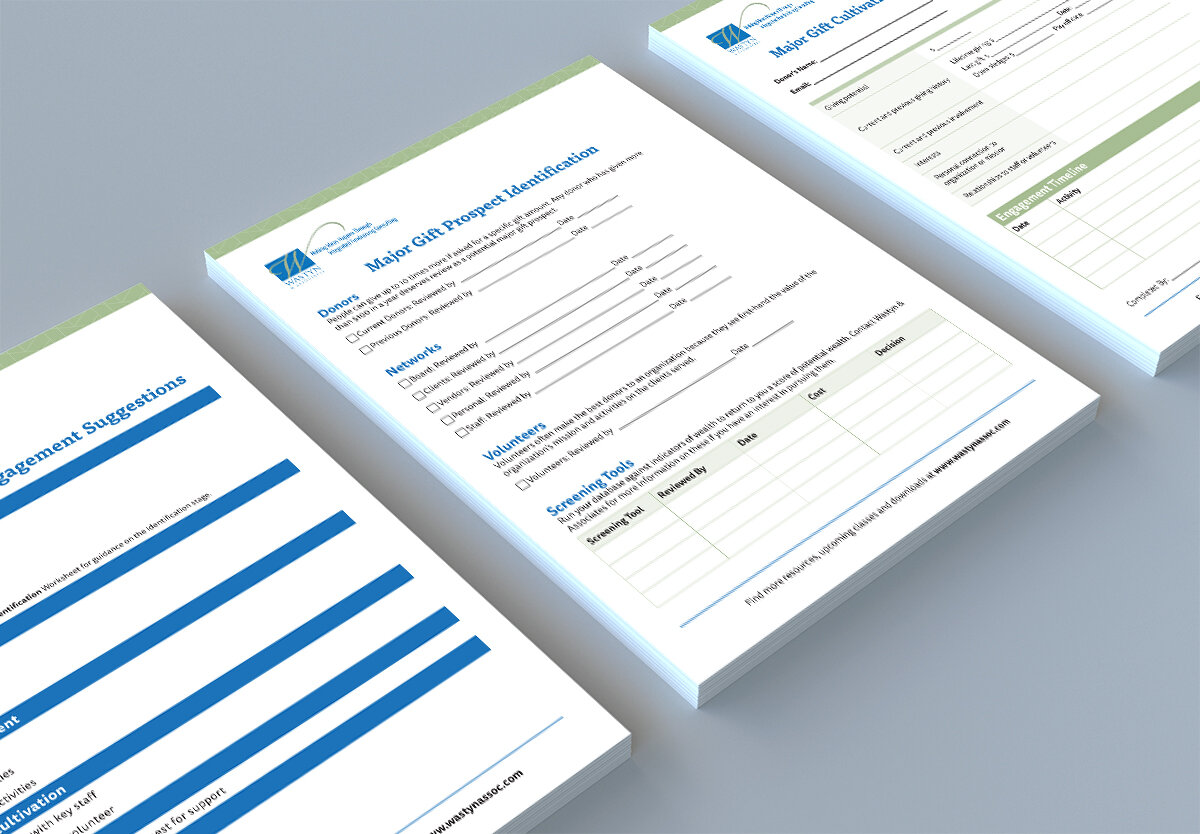Your Board Members as Major Donors
Would you ever call your major donors to tell them that its time for them to renew their gift? Or leave them a note with a pledge card? Not thank them personally?
Of course not! (Or if you do, you need to change your practices!)
If you don’t treat your major donors this way, why would you do these things with your board members?
Your board members are – or certainly should be – your top donors. You need to treat them that way and you will raise more money and develop a long-term relationship that will persist even when their board service ends.
Some of the ways you can change the ways you treat your board members’ giving include:
Assuming they will make a gift. Yes, when they sign up to serve on your board they should have learned that part of board service includes making a significant gift to the organization, but that doesn’t mean that you can treat them like an ATM machine. Otherwise, when their board service ends, the checks will stop coming. Instead, you will need to cultivate a relationship with them: get to know them as people, explain your needs, and show them how your organization makes a difference for the people you serve. Luckily, you should have little trouble getting an appointment with them since you know they have a passion for your organization.
Assuming you don’t need to educate them about your organization. Don’t assume they have the depth of knowledge you do (or many of your other major donors do). Board members lead busy lives and often serve on multiple boards. Take the time to educate them about your organization and your need for funds. It will make them a more engaged donor – and a better board member.
Not asking in person. My pet peeve: leaving a pledge card at their seat around the board table and calling that an ask. Doing so makes the ask transactional, missing your opportunity to deepen your relationship with the board member (and perhaps, secure a larger gift!). Instead, take the time to take them to coffee or lunch (in post-COVID times) or schedule a phone or video call with them to discuss the organization’s needs, tell a story about your outcomes, and ask them for a gift – with a specific dollar amount attached. You may set their sights higher, raise more money, and make them feel valued in the process.
Forgetting to thank them. You probably (you better!) send a receipt and a generic thank you when you receive a board member’s gift. That’s the minimum you need to do. Do you call and thank them? Send them a handwritten note? Personally share the organization’s outcomes with them? Why not?! Yes, they know about the organization’s programs , challenges and finances, but when you take the time to meet with them in person and thank them for their part in making those things happen, you begin to cultivate the next gift and strengthen their relationship with the organization.
Your board members should fall in the category of “easy” major donor asks, but don’t get complacent and just assume they will give, spending your time with your other major donors. When you treat board members like the major donors they are, they will respond accordingly. And, when they leave the board – as they invariable will – you will have engaged them for life, not just during their board service.
Your Guide to Major Gift Fundraising
This e-course brings together the best of our #FundraisingFriday videos and Nonprofit Tips and Tidbit blogs with downloadable resources – many of them available only through this class – in one easy to follow format to which you can refer again and again.

